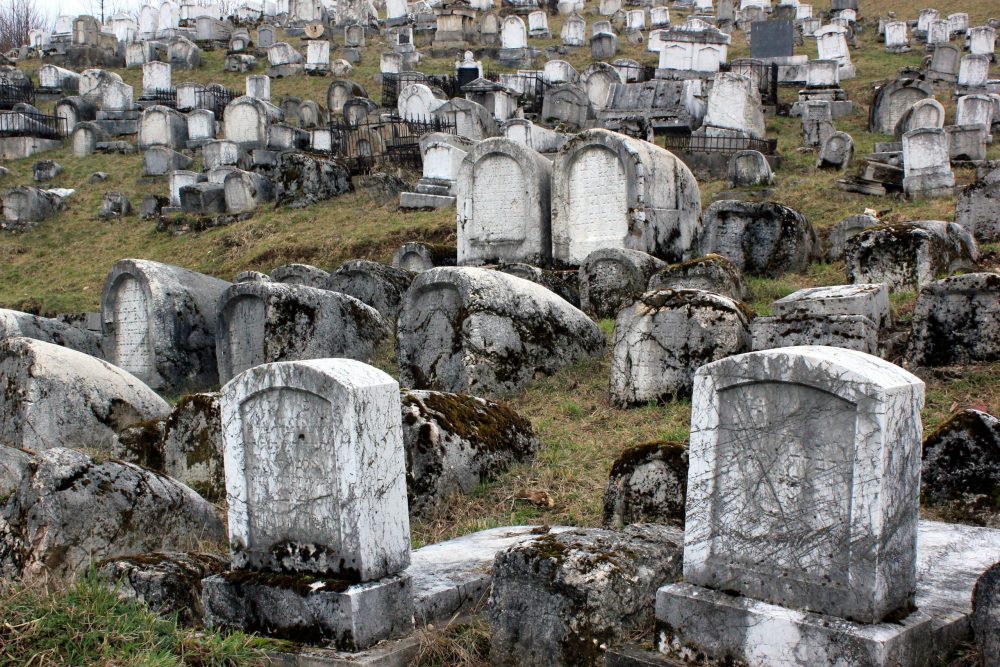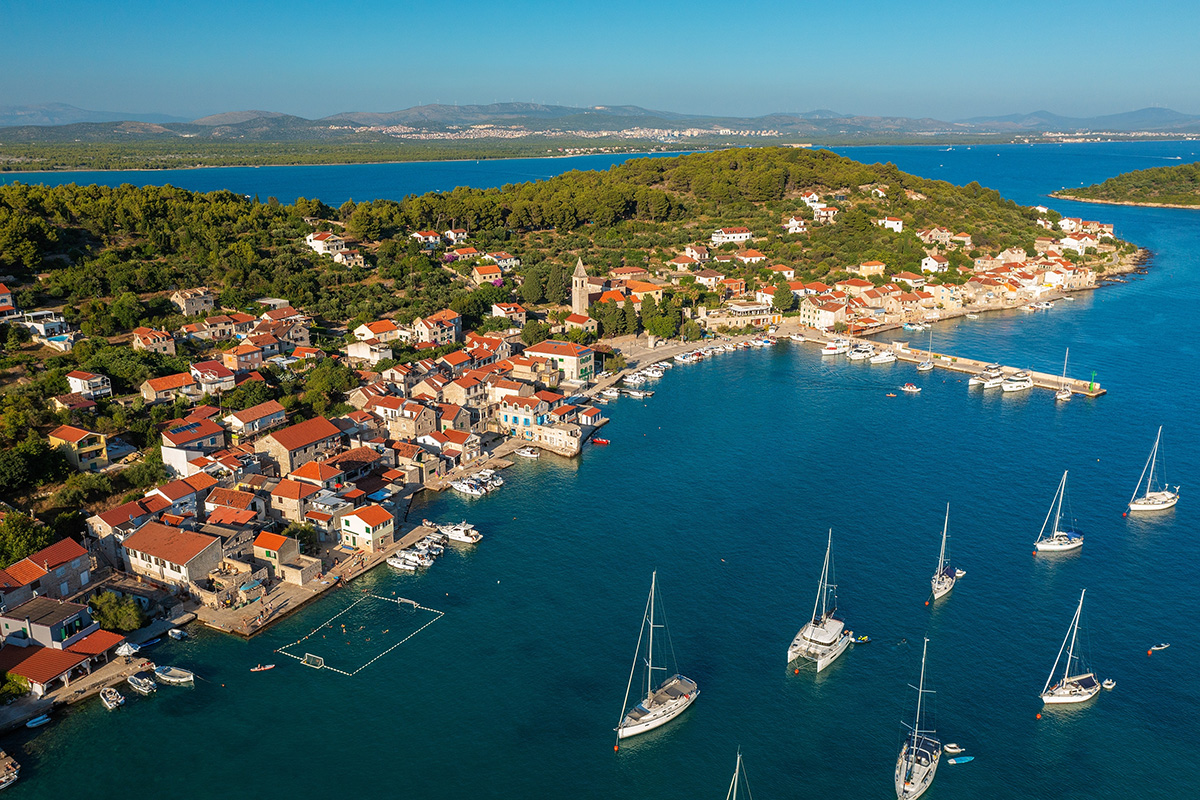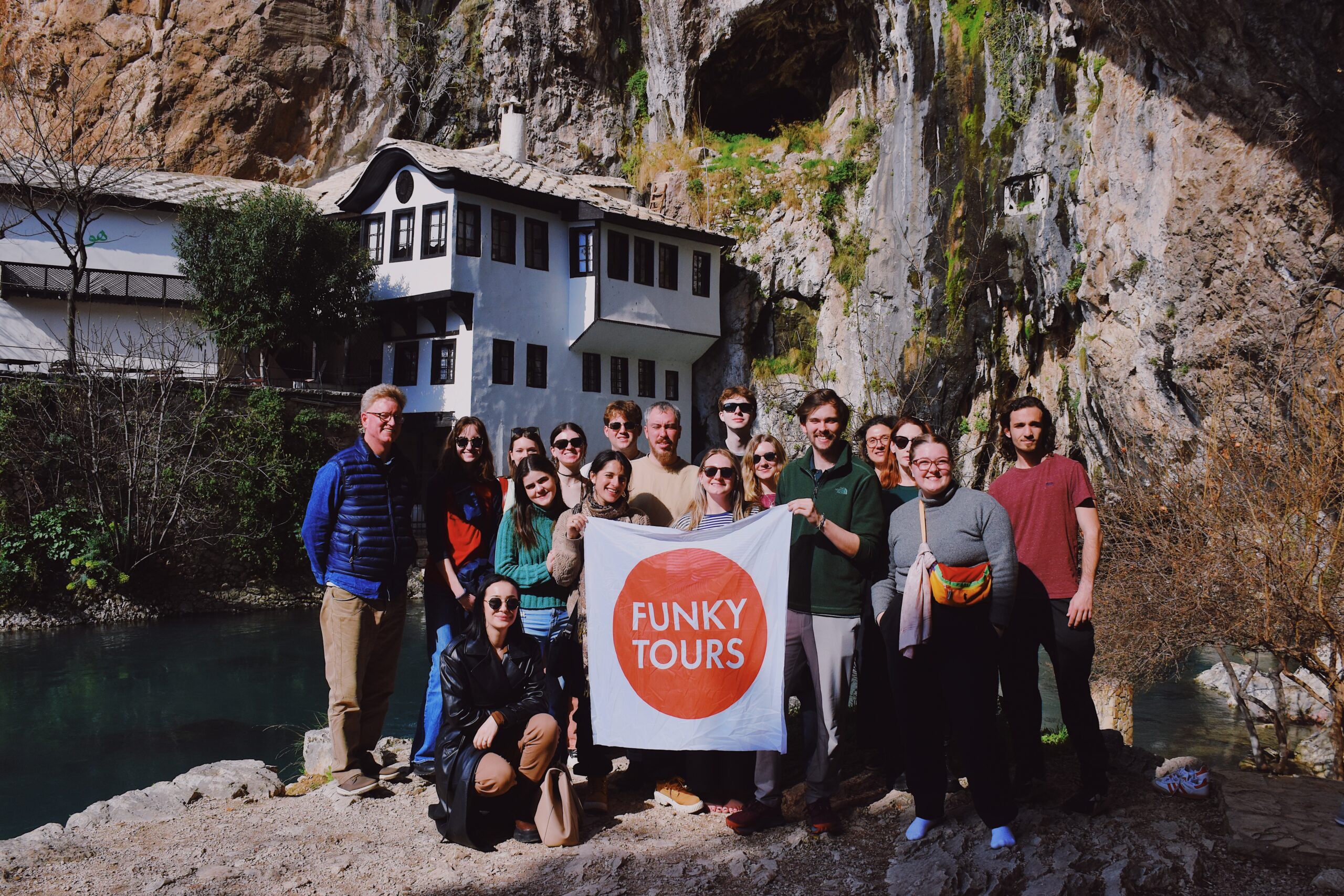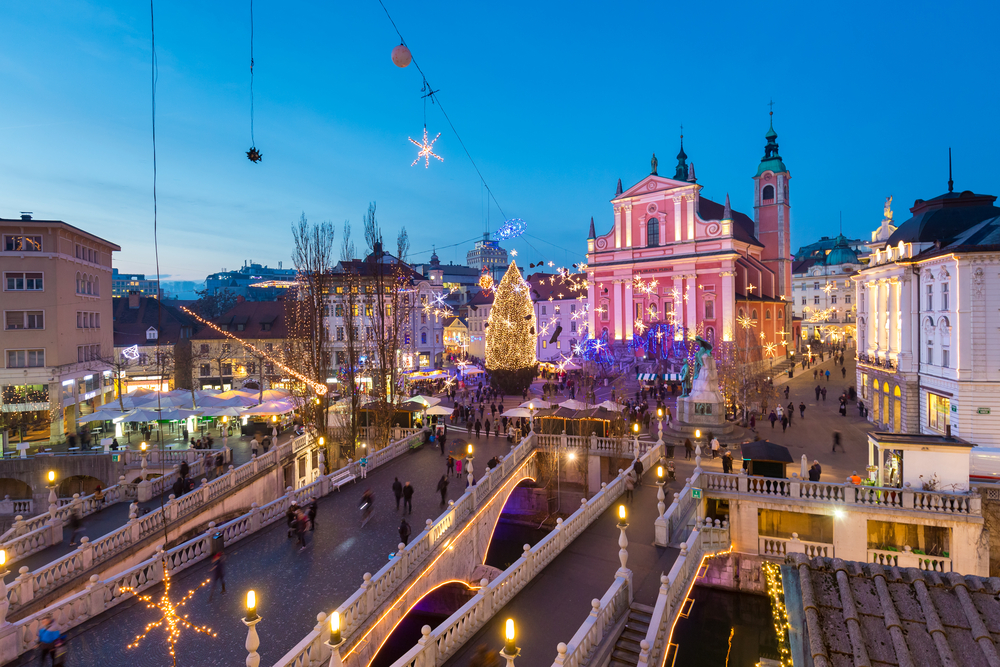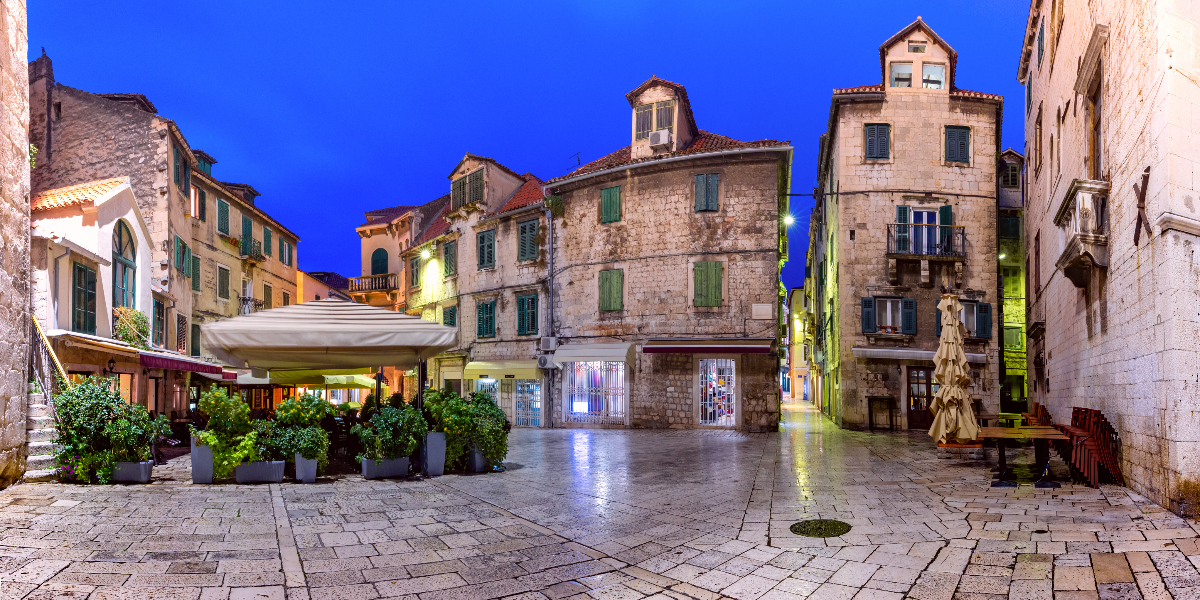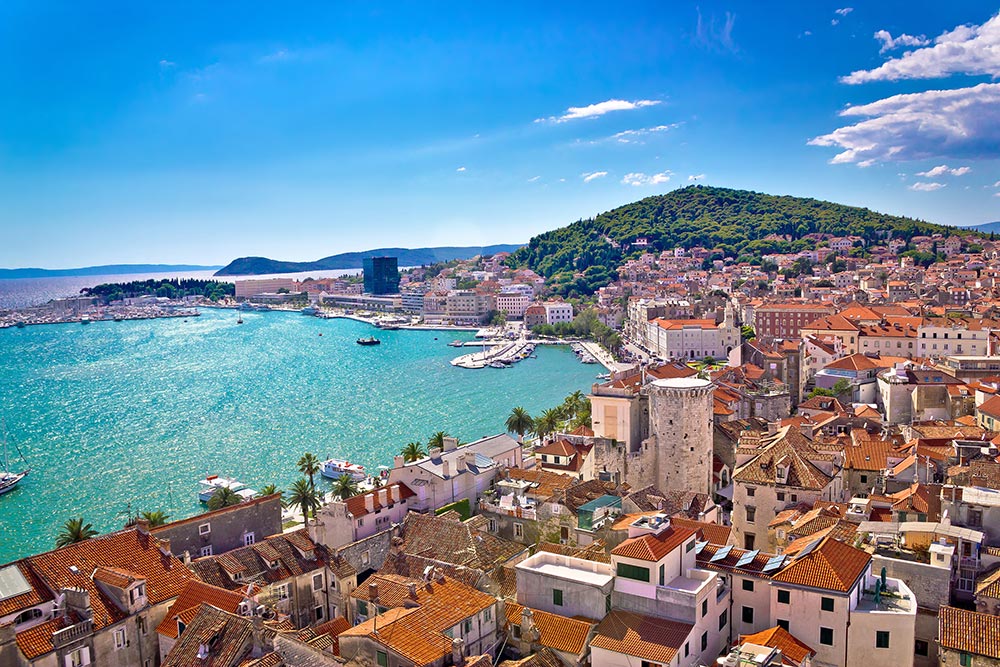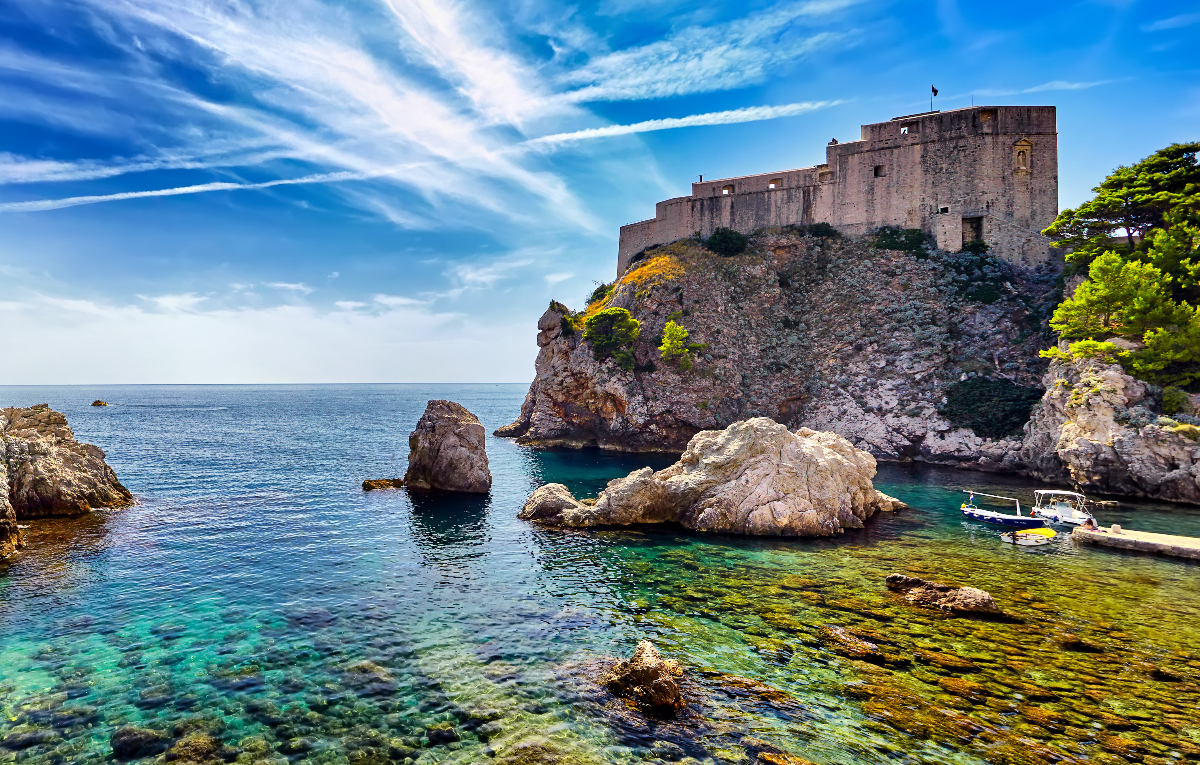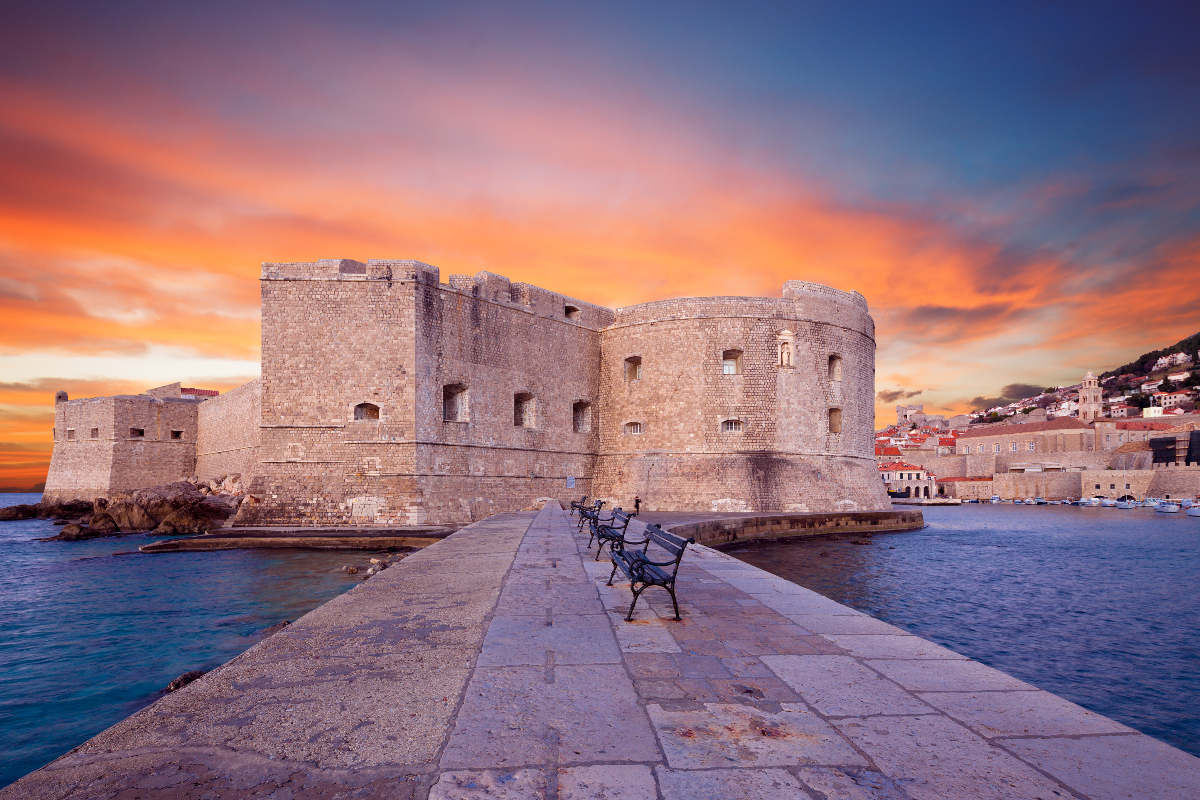Of course, anyone who was providing shelter for the Jews in their home was directly putting themselves in danger. The local headquarters of the Gestapo, the Nazi secret police, was opposite the Hardagas’ apartment. Many notices posted by Gestapo, were letting people know harboring the Jews is punishable by death.
The Kabilios remained hidden by the Hardagas until they could relocate to the Bosnian city of Mostar under Italian rule and a safer place for Jews.
Kabilio family reported and witnessed their saviors in Yad Vashem. That led to the recognition of four Hardaga family members as “Righteous among the Nations” in 1984. The Hardagas became the first Muslims worldwide to be recognized as with such status. the official title that Israel bestows on non-Jews who took extraordinary risks to save Jews during the Holocaust. Zejneba came to Jerusalem for a ceremony, where she received a medal and planted a tree. Best of all was a coffee-drinking with Joseph and reminiscing about life in Sarajevo before the war. During the ceremonial speech, she simply explained that helping dear people was her’s a human duty.
8 years after, the war in Sarajevo and in the rest of Bosnia was raging. Sarajevo was besieged for almost 4 years, and it paid it’s freedom with 11.541 life, mostly Muslims. 50 years before that, during WW2, Sarajevo had lost roughly the same number of its citizens, mostly Jews.
Kabilio’s thought is there anything they could do for Hardagas. After seeing a direct strike on the building where Zejneba lived, the Kabilio family petitioned first a journalist, and then the Israeli government, to help Zejneba, her daughter Amina, & her grandchildren, to escape.

